As though a spear struck their hearts, the government’s decision to return to the International Monetary Fund (IMF), left the majority of Ghanaians palpably bewildered, fumed, and disgruntled.
The news was certainly not one they wanted to hear from the lips of the government. But, on the 1st of July 2022, the Government of Ghana formerly wrote to the Bretton Woods Institution (IMF) concerning its decision to engage the latter for a possible financial bailout to restore macroeconomic stability and safeguard debt sustainability for the country.
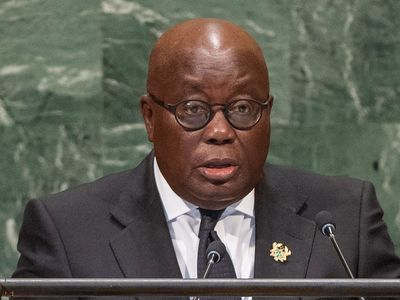
Following months of resistance and denial of the need to resort to the IMF for a bailout, much echoed by the words of the Finance Minister, that ’there was ”absolutely nothing on the table’’ regarding the possibility of a reach-out to the IMF, the Government of Ghana had, by the decision of 1st July 2022, broken what looked like a solemn promise it made to the people of Ghana.
For many finance experts and acclaimed institutions, the decision couldn’t have come at any later time, because the signals were red hot. Faced with continuously rising debt levels, the economy was crumbling. A Bloomberg survey conducted recently, also said Ghana had no option but to return to the International Monetary Fund (IMF) for financial support if its debt continued to rise. And rise it did.
So Ghana, our beloved country went back to the IMF, for what would be the 17th time if a deal is reached by the two parties. This looks more likely. Per the Managing Director of the International Monetary Fund, Kristalina Georgieva, a deal between Ghana and the IMF should be reached and finalized before the end of the year.
Why the IMF?
President Akufo-Addo has stated that “we have decided to seek the collaboration of the International Monetary Fund (IMF) to repair, in the short run, our public finances, which have taken a severe hit in very recent times as a result, whilst we continue to work on the medium to long-term structural changes that are at the heart of our goal of creating a Ghana Beyond Aid, that is building a resilient, robust Ghanaian economy.”
Ghana is before the IMF for US$3 billion to help the country navigate through the hostile economic crisis it finds itself in. By the words of the President, the $3bn is needed to hurriedly take care of the growing mess the economy is steadily stumbling into. It is a contingency plan, the first aid the country’s economy needs urgently. It is refreshing to know that the IMF “understands the urgency, and will move as quickly as possible.” According to Bloomberg, the funding which will come in the form of balance of payment support will be spread within three years.
Until then what?
So yes, it is good news that the money will come. But what becomes of Ghanaians till then?
As announced by the Government Statistician, Prof. Samuel Annim, Ghana’s inflation for August 2022 rose to 33.9 percent. Food inflation for August 2022 was 34.4 percent as against 32.3 percent in July 2022, while non-food inflation was 33.6 percent in August 2022 as against 31.3 percent in July of the same year.
The figures are easily boring and irritating just by looking at them. What is more dire and remorseful, is the impact of these figures on the life of the ordinary citizen. Food prices continue to skyrocket. Transportation is overly expensive and eats into the income of the middle class like a rodent on a cheesecake. There are frequent hints of prices going up in almost all aspects of life. General living standards have deteriorated and the cost of living up beyond the skies.
When President Akufo-Addo was interviewed on the country’s preparation for the IMF bailout, he stressed that ”it is our expectation as well’’ that the $3bn will come by the end of the year. So as the President waits, we wait. Survival is intrinsic to man, but in today’s Ghana, until the money comes, do we wait as sitting ducks?


































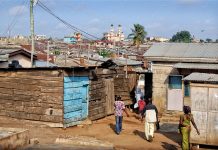



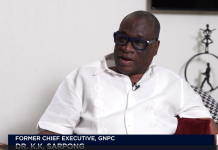
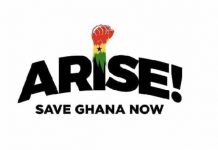















![[FREE FREE MONEY] Predict and Win a Guaranteed GH¢200 From Us EVERY WEEK](https://wordpress.ghanatalksradio.com/wp-content/uploads/2022/02/Predict-and-Win-Final-09-03-2021-218x150.jpg)
![[Predict & Win – 8th/Oct.] WIN A Guaranteed ¢200 From Us This Week](https://wordpress.ghanatalksradio.com/wp-content/uploads/2021/10/maxresdefault-16-218x150.jpg)
![[Predict & Win – 2nd] WIN A Guaranteed ¢200 From Us This Week](https://wordpress.ghanatalksradio.com/wp-content/uploads/2021/09/maxresdefault-50-218x150.jpg)
![[Predict & Win – 25th] WIN A Guaranteed ¢200 From Us This Week](https://wordpress.ghanatalksradio.com/wp-content/uploads/2021/09/maxresdefault-36-218x150.jpg)
![[Predict & Win – 18th] WIN A Guaranteed ¢200 From Us This Week](https://wordpress.ghanatalksradio.com/wp-content/uploads/2021/09/maxresdefault-23-218x150.jpg)
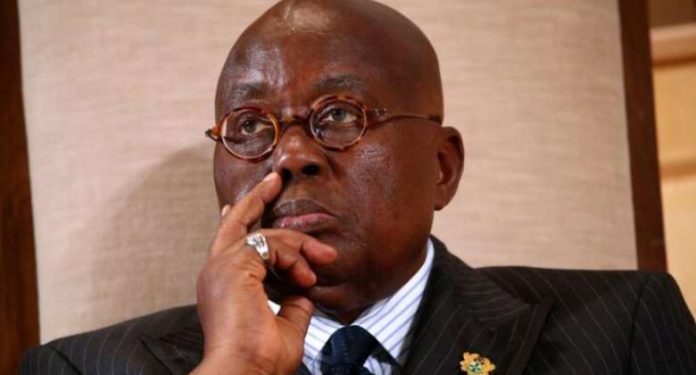








![[National cathedral] See full list of churches that have contributed since 2018](https://wordpress.ghanatalksradio.com/wp-content/uploads/2020/09/Ghana-National-Cathedral-GhanaTalksRadio-100x70.jpg)



